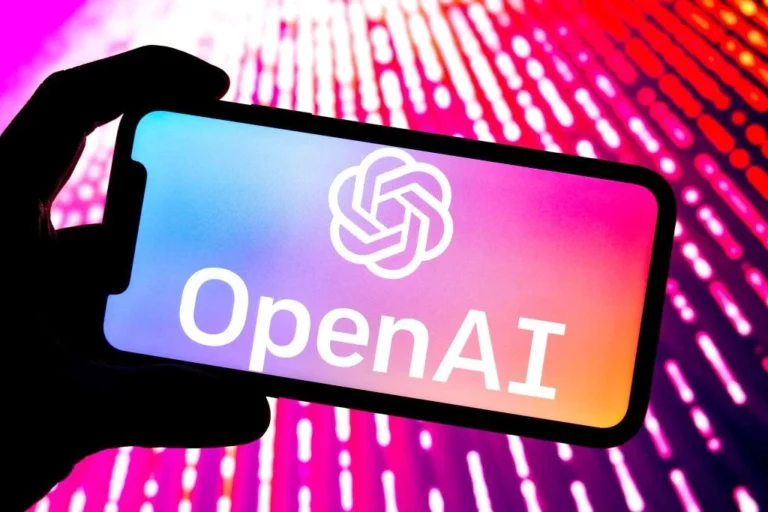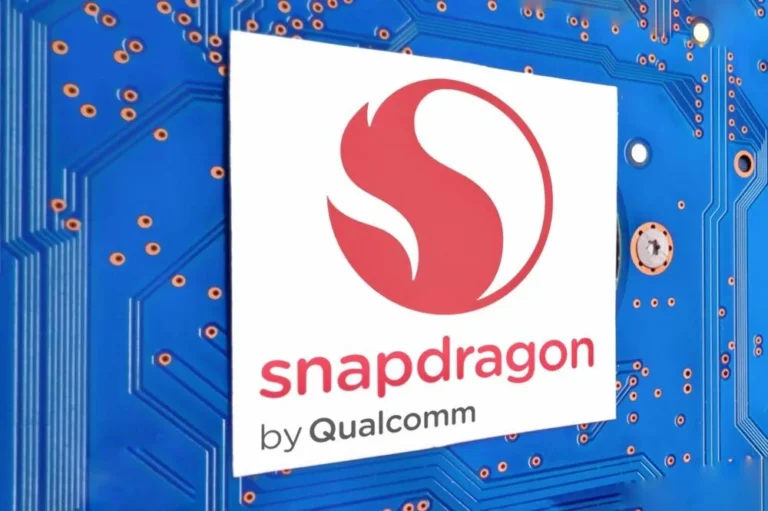Lenovo vs. Dell: Why Lenovo is Leading the AI Revolution
Though Lenovo and Dell are similar on paper, their distinct organizational structures and leadership approaches have set them apart, especially in the AI landscape. Last week’s Lenovo Tech World 2024 highlighted Lenovo’s strides in AI, contrasting sharply with Dell’s more cautious approach as it prepares for its event next month.

Global Perspective and Leadership Differences
The leadership structure of Lenovo and Dell illustrates a stark contrast. Lenovo’s management is geographically diverse, reflecting its global business strategy, while Dell’s leadership remains largely U.S.-centric. Lenovo’s CEO, Yang Yuanqing (or “YY”), plays an active role in the company’s forward-thinking strategies, whereas Michael Dell, though still a significant presence, has taken a less hands-on approach in recent years. This has given Lenovo an edge in rapid adaptation to industry changes like AI, while Dell’s approach has often been slower and reactive, resulting in extensive layoffs as it works to shift toward AI.
Lenovo’s Commitment to AI in Practice
While Dell is still primarily pitching AI as a concept, Lenovo has already operationalized it across various sectors. Lenovo’s AI-driven solutions are functional and mature, showcasing real-world applications that go beyond mere marketing claims. Lenovo’s advancements were clearly on display at Tech World 2024, where it emphasized tangible AI applications that set it apart from competitors.
A Powerful Message in Inclusivity
One of the standout moments at Lenovo’s event was an AI solution created to help an ALS patient regain the ability to speak using only her eye movements. This breakthrough is monumental for those with ALS, allowing them to communicate and interact online with ease. Following this, Lenovo introduced its plans to leverage AI for education, promoting personalized learning to engage students more deeply and improve education outcomes across various demographics.
Lenovo’s approach shows a commitment to using AI as a supportive tool to enhance lives rather than replace human labor. This direction contrasts sharply with Dell’s recent layoffs in its AI divisions, which has stirred concerns about AI’s role in employment within the company.
Lenovo’s AI Library: A Practical Resource
The Lenovo AI Library, another highlight of the event, is a vast repository of information based on Lenovo’s journey to AI, designed to guide customers in developing effective AI solutions. Lenovo’s practical experience with AI places it in a unique position to support its customers more effectively than companies that have yet to fully implement AI internally. While many vendors promote AI as an end in itself, Lenovo’s emphasis on AI as a means to achieve specific business outcomes makes it stand out, reducing the trial-and-error approach often seen with newer AI adopters.
Blended Hybrid AI: A Unique Approach
A significant differentiator for Lenovo is its hybrid AI approach, which combines multiple AI systems to fulfill complex tasks. Just as people have different strengths, AI models vary in their capabilities and are often suited to specific functions. Lenovo’s approach integrates multiple AIs into cohesive solutions, enhancing performance and boosting real-world application success rates. Examples of this in action include an AI-driven paralegal assistant, which could streamline research-heavy tasks, and AI-based Applied Behavior Analysis (ABA) therapy, which can provide affordable, accessible support for children needing behavioral interventions.
Supplier Partnerships: Lenovo’s Winning Formula
Lenovo’s collaborative culture with suppliers has been instrumental to its success. Unlike many OEMs, which keep suppliers at arm’s length, Lenovo works closely with its partners, enabling it to develop unique products and solutions. For example, its long-standing partnership with AMD helped Lenovo lead the workstation market. Currently, its close collaboration with Nvidia has resulted in cutting-edge solutions like a high-performance Nvidia Blackwell system cooled by Lenovo’s advanced Neptune technology.
The Neptune system, now in its sixth generation, uses warm-water cooling to manage the intense power demands of Nvidia’s powerful Blackwell chips efficiently. As the most widely used cooling solution in data centers, Neptune has become essential for Lenovo’s high-powered computing solutions, underscoring its leadership in performance and sustainability.
Pioneering Vehicle and Robotics Solutions
Lenovo is also a leader in vehicle computing and robotics, fields that Dell once predicted would be crucial for enterprises but has yet to follow through on. At the event, Lenovo introduced a Blackwell-powered system for autonomous vehicles, boasting 2000 trillion operations per second (TOPS)—a significant leap from traditional AI PCs. This system, developed in partnership with Nvidia, is designed to support the complex processing requirements of autonomous vehicles, illustrating Lenovo’s forward-looking strategy in the AI space.
Additionally, Lenovo presented its version of an autonomous robotic dog, showing its commitment to pushing boundaries in robotics. While not yet leveraging Nvidia’s Omniverse for training, Lenovo’s involvement in simulation training positions it well in the autonomous robotics and automotive sectors.
Innovative Products: The ThinkBook Auto Twist AI PC Concept
In addition to AI, Lenovo showcased its flair for innovation with the ThinkBook Auto Twist AI PC, an adaptive laptop concept. The screen automatically rotates to follow the user around, making it a valuable tool for hands-on activities like cooking or car repairs, where the user may need to move while watching tutorial videos. Unlike previous screen-following devices, the ThinkBook Auto Twist doesn’t require constant power or an external operating system, making it highly practical for mobile use.
Lenovo’s AI-Driven Future
The Lenovo Tech World 2024 event underscored Lenovo’s commitment to AI as a practical, life-enhancing tool. From educational innovations and assistive AI for disabilities to cutting-edge computing solutions, Lenovo’s approach to AI prioritizes human-centric applications over simple cost-cutting or workforce reduction. By investing in partnerships, diverse AI systems, and real-world applications, Lenovo has positioned itself as a leader in the AI revolution, setting a high bar for its competitors, including Dell.






